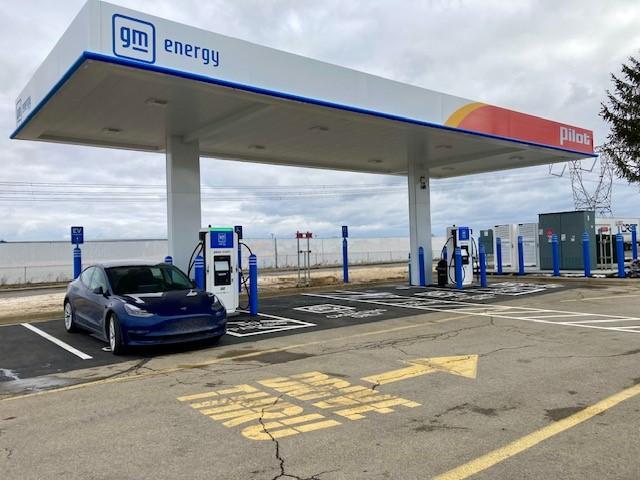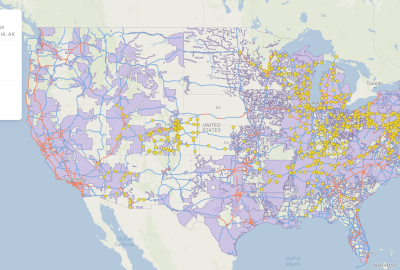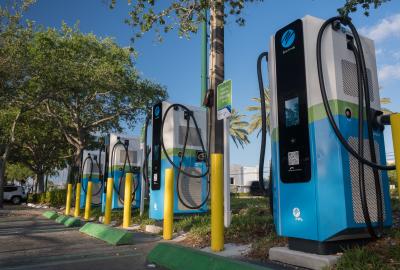
Recently, America’s first EV fast-charging stations funded by the National Electric Vehicle Infrastructure (NEVI) Formula Program began operating and serving customers in London, Ohio, and Kingston, New York. The NEVI Program was created by the Bipartisan Infrastructure Law, which provided an historic $5 billion investment over five years to build reliable EV charging infrastructure with locations no more than 50 miles apart on designated Alternative Fuel Corridors.
“Thanks to President Biden, more and more EV chargers are coming online around the country as we work to deliver a nationwide network of charging stations by the end of the decade,” said U.S. Transportation Secretary Pete Buttigieg. “Securing America’s position as a world leader on EVs will grow our economy and create a new generation of good-paying jobs.”
The Biden administration’s EV infrastructure vision closely aligns with that of the National Electric Highway Coalition (NEHC), which is committed to supporting and installing EV fast charging stations that allow the public to drive EVs with confidence along major U.S. travel corridors. These new charging stations will not only help to fill critical gaps in the EV charging network, but will also boost the reliability and accessibility of our public EV fast charging.
The Ohio charging site is in a community served by NEHC member FirstEnergy.
"FirstEnergy is excited for the continued growth in transportation electrification and the opportunity to play a role in making long-distance travel more accessible for EV drivers,” said Michelle Henry, Senior Vice President, Customer Experience. “We stand ready to support this clean energy opportunity for our customers and look forward to partnering on future projects as we continue to provide safe, reliable and affordable power,” she added.
Members of the NEHC are working closely with states to help plan and implement the NEVI Program. To date, ten states have awarded more than $130 million in funding.
“The NEHC is proud to support the NEVI Program to help ensure the funding is used to its full potential,” said EEI Senior Director of Electric Transportation Kellen Schefter. “Close coordination among electric companies, federal agencies, and state departments of transportation is fundamental to realizing the shared vision of a national charging network that works for EV drivers.”
The National Renewable Energy Lab estimates that more than 180,000 EV fast charging ports will be needed to accommodate 33 million EVs on the road by 2030, which will require a coordinated effort between the electric power industry, government, transportation electrification advocates, automakers, and other key stakeholders.
The efforts to implement NEVI Program funding will be complemented by the Department of Transportation's (DOT’s) Charging and Fueling Infrastructure Discretionary Grant Program, which provides $2.5 billion in grant funds to strategically deploy publicly accessible EV charging and alternative fueling infrastructure in communities where people live and work.


